Human Nature
- Human nature refers to the inherent:
- Characteristics
- Behaviors
- Qualities
- It encompasses the traits like:
- Psychological
- Emotional
- Social
- These traits are universally shared among humans, shaping our:
- ThoughtsActions
- Interactions
- Understanding human nature involves exploring the core aspects.
- It makes us uniquely human, including our capacities for:
- Reason
- Emotion
- Social Connection
- Moral Judgment
Key Aspects of Human Nature
- Rationality and Intelligence
- Emotions and Feelings
- Social Interaction
- Moral and Ethical Judgment
- Self-Awareness and Consciousness
- Creativity and Innovation
The Duality of Human Nature

- Humans are inherently complex beings.
- We possess the capacity for immense:
- Kindness
- Empathy
- Selflessness
- However, alongside these virtues:
- Lies an innate inclination towards selfishness.
- This aspect of human nature often emerges in our daily lives.
- The pursuit of personal gain, recognition, and security can overshadow our better judgment.
- The choices we make constantly test our ability to balance our own needs with the needs of others.
The Role of Social Systems
- A significant role in either nurturing or hindering our natural tendencies is played by our:
- Social Structures
- Institutions Practices
- Individuals may become more focused on their own success, often at the expense of others in environments that encourage:
- Injustice
- Dishonesty
- Possession on resources
- Undue Competition
- Draining Challenges
- Self-preservation,
- This fosters a culture of individualism, where:
- Personal achievements are valued over collective well-being.
- In human traits development, the impact of social systems cannot be underestimated, it can:
- Either amplify our selfish inclinations
- Or promote a sense of community and mutual support
The Poison of Blame and Negativity
- Prioritizing own interests on others can lead to:
- Isolation
- Disconnection from others.
- Rather than preventing root causes of issues blaming other perpetuates a cycle of
- Hurts, harming
- Defensiveness
- Blame-shifting and finger-pointing can create a vicious cycle.
- It hinders growth and understanding.
Finding Balance and Harmony

- Recognizing and understanding our selfish tendencies is the first step towards cultivating a society which is more:
- Empathetic
- Compassionate
- We can create systems and environments that promote:
- Collaboration
- Mutual Support
- Well-being of all
- It can be possible by acknowledging our own:
- Negative Elements
- Taking responsibility for our actions instead blaming others
- It’s time to nurture a culture of constructive:
- Communication
- Empathy
- Growth.
- The difference between creating balance and failing to do so can lead to two distinct outcomes:
- Balance:
- Healthy relationships
- Mutual growth
- Empathy and understanding
- Compromise and flexibility
- Nourishing both individual and collective well-being
- Imbalance (leading to selfishness):
- Strained relationships
- Conflict and resentment
- Lack of empathy and understanding
- Prioritizing individual interests over collective well-being
- Harmful consequences for oneself and others
Conclusion: Call to Action
- Let us strive to cultivate our better self, fostering a culture of:
- Empathy
- Kindness
- Collective growth
- It’s a whole life journey era to era, be empathetic and make a balanced world.
- Join us in this journey, share your experiences in the comment box.
- We can make a difference while doing our positive role and contribution towards life.
- Positivity adds beauty to life.







